15 People Who Are Having a Worse Day Than You and I Combined
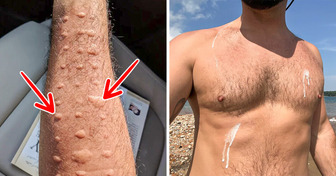
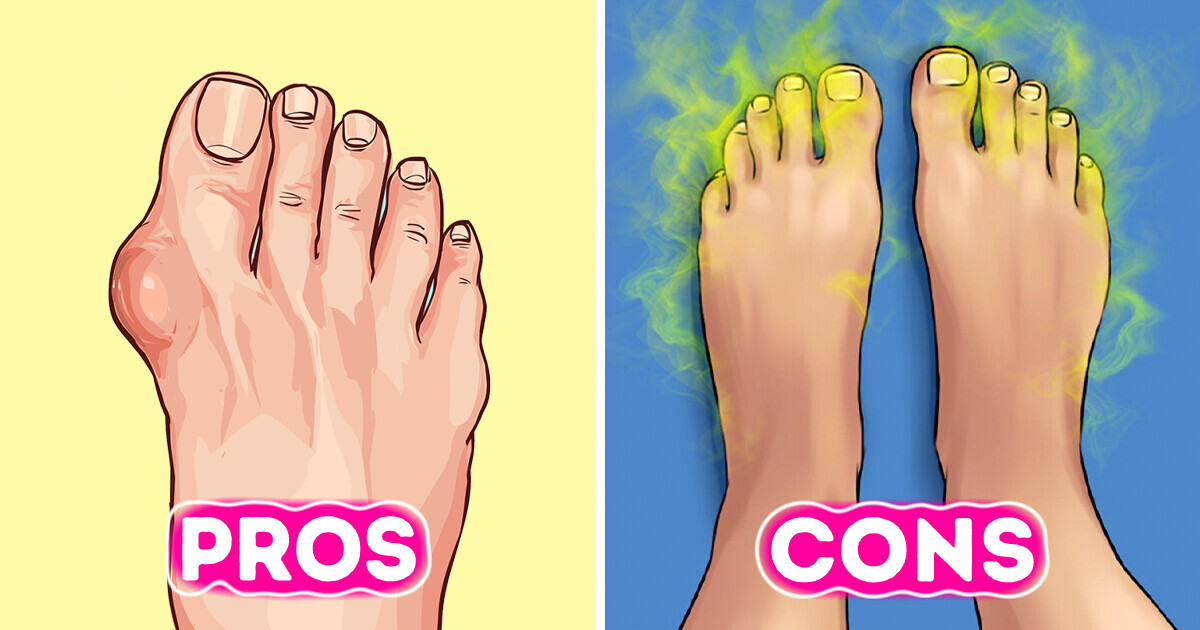
Our bodies are composed of 60% water, so it’s no surprise that soaking in water offers numerous health benefits. While it might not always be convenient or desirable to make it a routine, baths provide both mental and physical perks. Ideally, aim for a soak 2–3 times a week to reap the rewards. However, there can also be health risks, especially if you have certain conditions, so it’s important to consult your doctor if you suffer from skin issues.
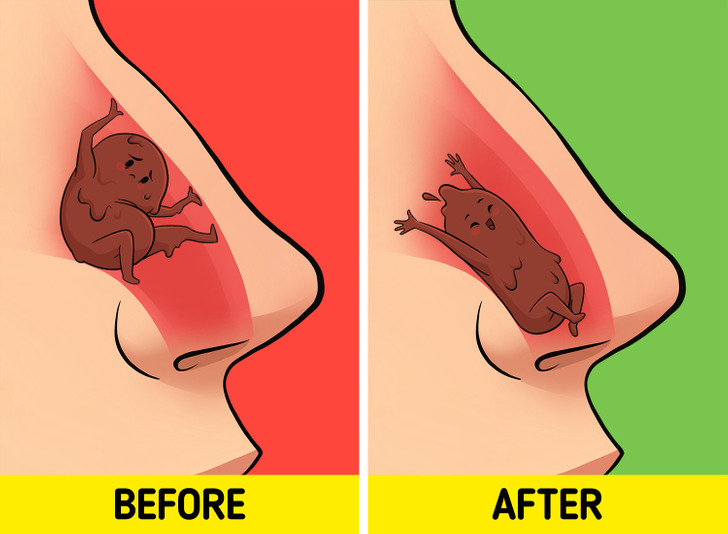
Spending time in a bath has a positive impact on your lungs and how much oxygen you take in, and if the water is warm and cozy, even better. This is because of the pressure that the warm water puts on your chest — the steam clears your pathways and sinuses and, as a result, makes it easier to breathe.
You might think that your skin is dry because it doesn’t have enough oil, but this is not the case. Your skin searches for ways to maintain water, especially during the colder months — that’s why taking a bath helps your skin soak up the moisture.
Not only does bathing help with dry skin, but it also has anti-aging properties, such as bettering the skin elasticity, smoothing it out, and lowering the chances of getting wrinkles and lines on your face.
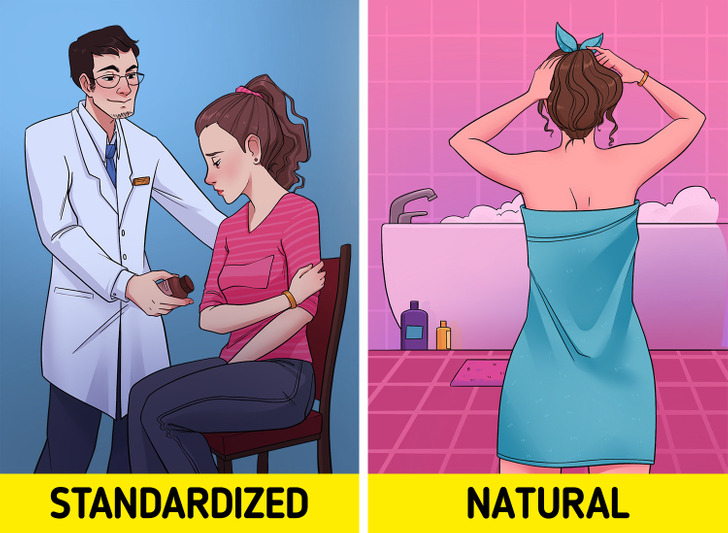
Even though there are many ways to treat depression in the modern world, the chances of getting help through standardized ways are lower and may have some side effects. That’s why it’s wise to try an alternative and natural way. You might even begin to feel better after taking only five warm baths!
If you take a bath an hour or two before going to bed, it can help improve your sleep, especially for people who struggle with insomnia or who are older.
Taking a hot bath can help you relax and feel less stressed, especially if your sleepless nights are impacted by anxiety. Baths are also good for your muscles to ease up and lighten any stiff tissue. Studies show that listening to music while in a bath can slow down your breathing and lessen your blood pressure.
While baths soften the skin, repeated soaking followed by rapid drying (especially in winter) can cause deep heel cracks that are more painful and harder to heal. Frequent soaking can make toenails more brittle or cause them to grow in strange directions, increasing the risk of ingrown nails. Or, if you soak too often, the constant moisture can weaken the skin barrier on your feet, leading to unusual peeling or soft, white patches (maceration), especially between the toes.
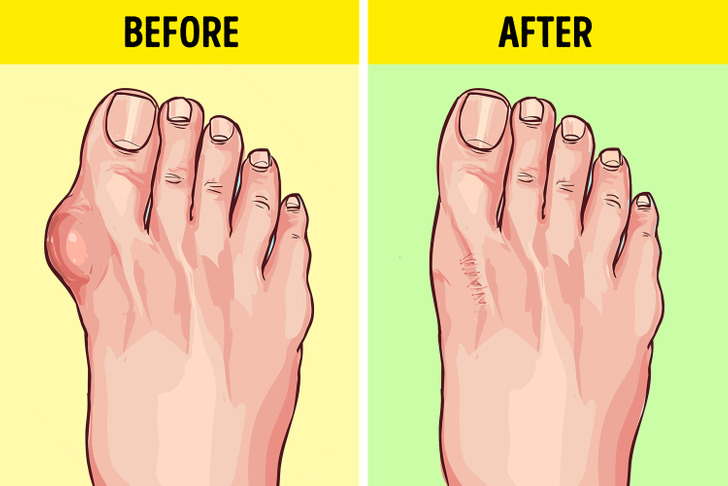
Immersing the feet in a warm foot bath can be a game changer when it comes to alleviating stiffness and discomfort. The warm water helps relax the muscles and improve circulation, offering relief from tightness and soreness, especially after a long day on your feet. The warmth has a soothing effect, helping to ease tension in the joints and tendons, which can also be beneficial for those who suffer from conditions like plantar fasciitis or general foot fatigue.
Taking a relaxing bath right after having a delicious meal might sound appealing, but this habit may cause you to gain extra weight. Digesting food requires proper blood flow to the stomach. When you hop in the shower, it causes your body temperature to drop, which confuses your digestive system. When done regularly, this may damage your digestive system, causing you to put on some weight.
The different temperatures of water will work great in encouraging better blood circulation in the feet. Though, make sure the water you use is not too hot.
Take two buckets and fill half of the first with hot and half of the second with cold water. Soak your feet in the hot water for 10 minutes, then put them in for another 10–12 minutes in the bucket of cold water. Switch back to the hot water and keep your feet there for five more minutes.
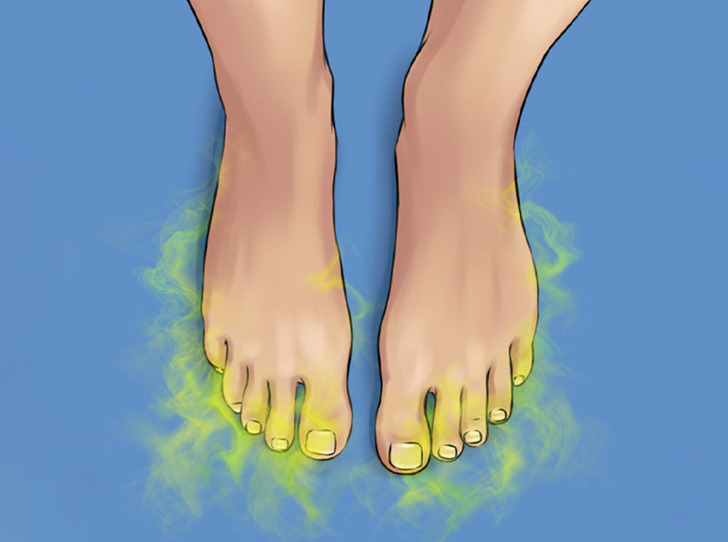
Daily baths strip away both bad and good bacteria on your skin, sometimes allowing odor-causing bacteria or fungi to overgrow, especially in the feet.
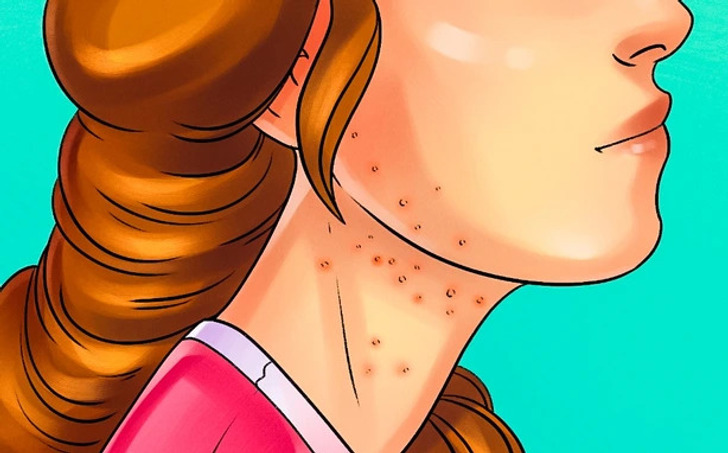
Baths can benefit acne-prone skin by opening pores, and helping to remove dirt and excess oil. Soaking in warm water with ingredients like Epsom salt or tea tree oil can reduce inflammation and kill acne-causing bacteria. A relaxing bath also lowers stress, which is a common trigger for breakouts. Plus, hydrating baths with oatmeal or aloe vera can soothe irritation and promote skin healing.
Not many people are aware that there are different types of foot baths, each capable of addressing various health issues.











